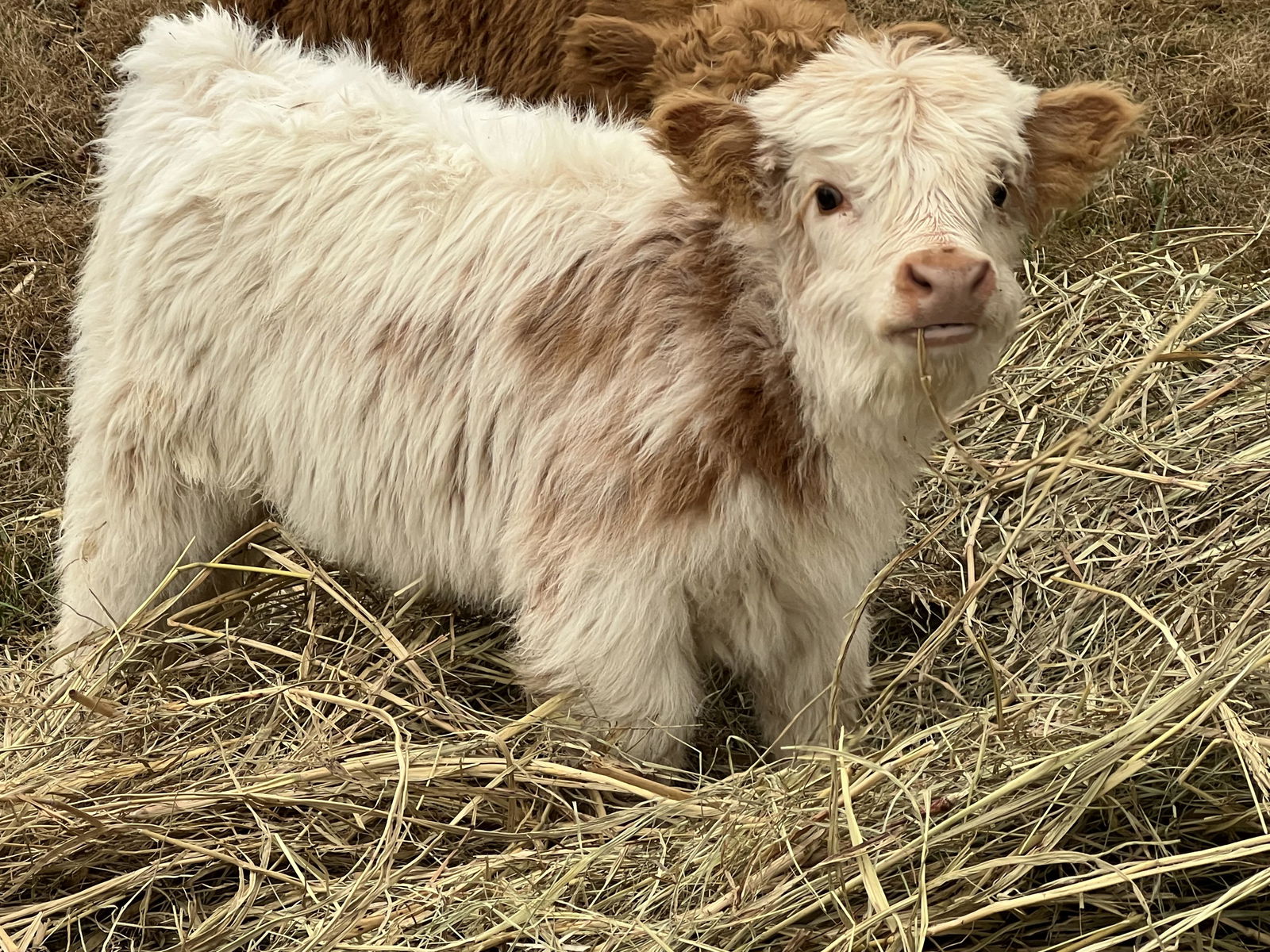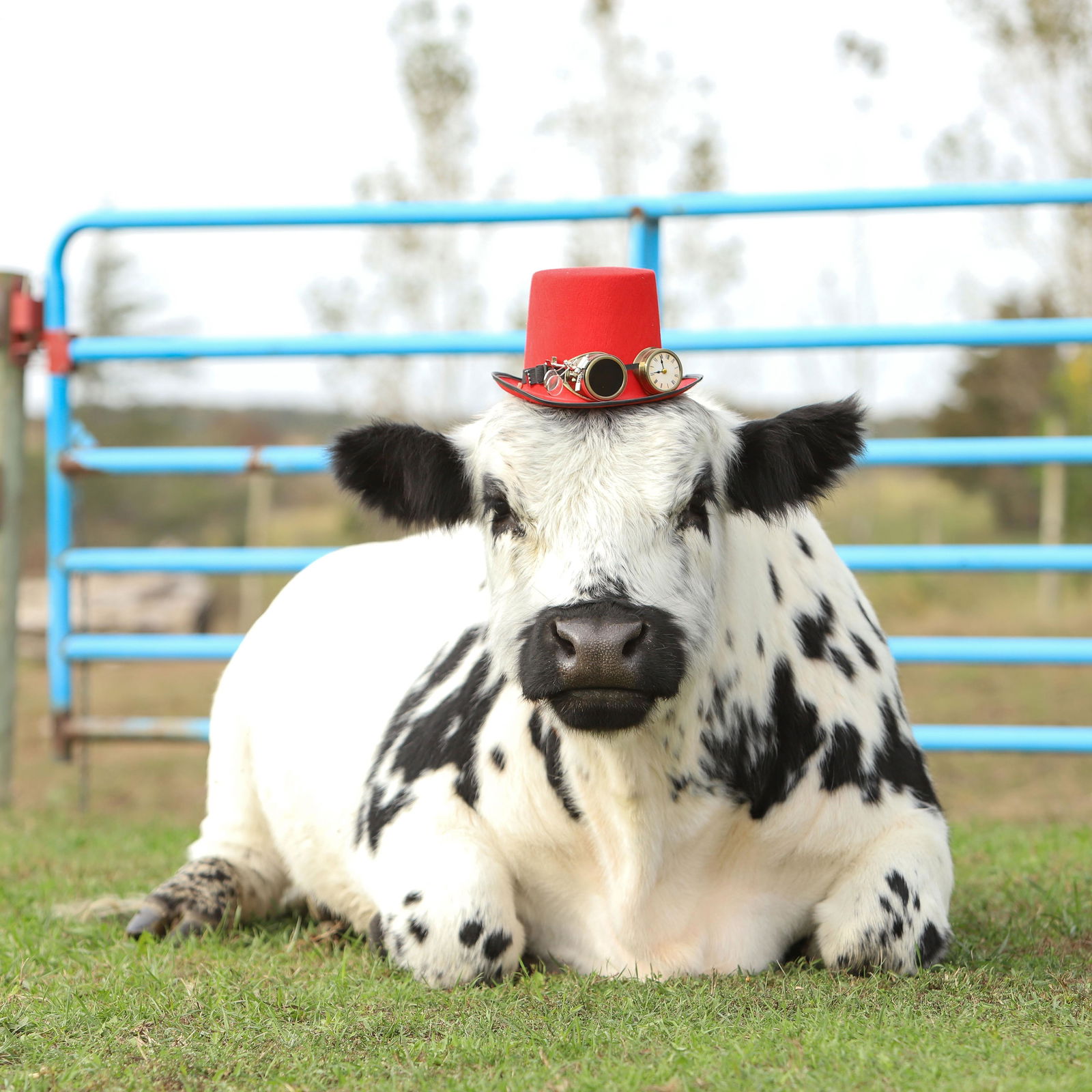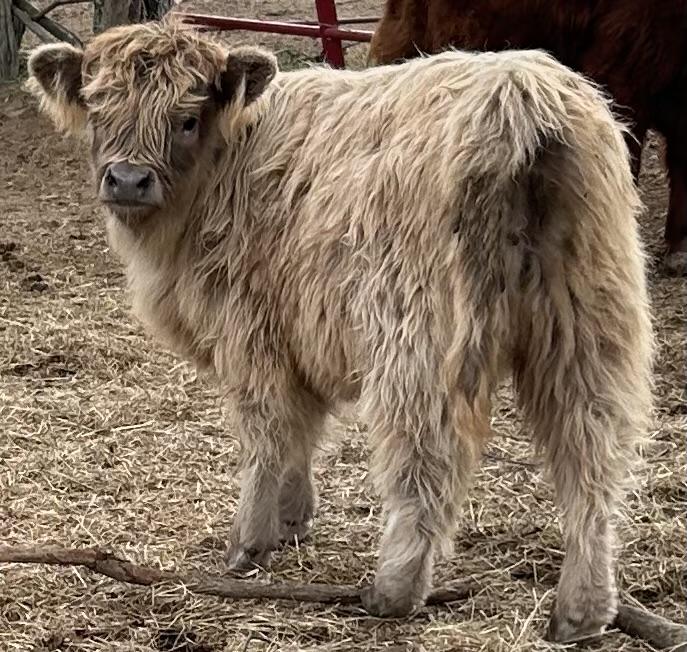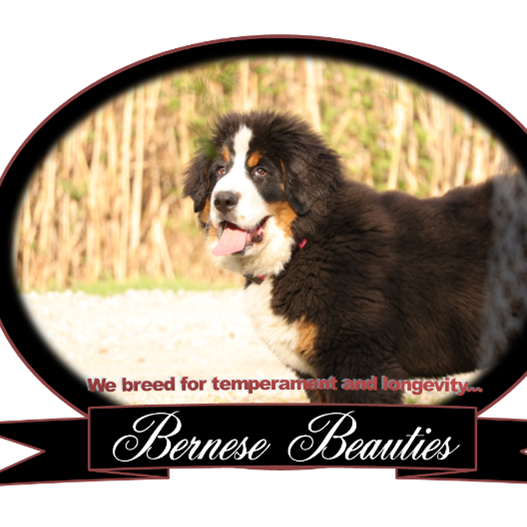How Much Is a Miniature Donkey? A Cost Breakdown
Author: Elliott Garber, DVM
Miniature donkeys make wonderful additions to family farms, standing just 3 feet tall at the shoulder while packing all the charm and character of their larger cousins. Their friendly personalities and compact size have made them increasingly popular as both pets and show animals.
Before bringing home one of these lovable creatures, you’ll need to understand the financial commitment. Beyond the initial purchase price, there’s feed, housing, veterinary care, and other ongoing expenses to consider.
What Is a Miniature Donkey
Miniature donkeys are compact equines that max out at 36 inches tall at the shoulder. Originally from Sicily and Sardinia, these Mediterranean Miniature Donkeys are about the size of a large dog – though they’re much better suited for farm work than your average Great Dane.
Key characteristics of mini donkeys:
- Height: 26-36 inches at the shoulder when fully grown
- Weight: 200-350 pounds
- Lifespan: 25-35 years with proper care
- Colors: Gray-dun, brown, black, or spotted patterns
- Notable feature: Proportionally large ears (larger than horses)
Mini donkeys have an interesting growth pattern – they’re born at about 50% of their adult height, compared to standard donkeys at 40%. Despite their small size, they maintain all the personality traits that make donkeys special.
Their temperament truly sets them apart. Unlike their sometimes stubborn larger relatives, minis are typically gentle and social creatures. They’re known for their friendly dispositions and love of human interaction – making them perfect for family farms and hobby properties.
Size Comparison:
- Mini Donkeys: 26-36 inches tall, 200-350 pounds, requiring 2-4 pounds of daily hay
- Standard Donkeys: 36-48 inches tall, 400-1,000 pounds, requiring 5-8 pounds of daily hay Both varieties have similar lifespans of 25-35 years
Average Cost of Miniature Donkeys
The initial investment for a miniature donkey ranges from $350 to $5,000+, depending on quality, source, and purpose.
Initial Purchase Price
You can acquire a miniature donkey through three main channels:
Rescue Organizations
- Single donkey: $350-$500
- Pair adoption: $500-$900
- Includes basic health screening and evaluation
Auction Houses
- Starting bids typically $200-$500
- Final prices up to $2,500
- Important to factor in potential health screening costs
Breeders/Family Farms
- Price range: $800-$5,000
- Complete health records included
- Training level affects final price
Quality Levels and Pricing
Pet Quality
- Geldings typically $800-$1,000
- Perfect for companionship
- May have minor conformational differences
- Ideal for hobby farms and family pets
Show Quality
- Premium pricing: $1,500-$2,500
- Superior conformation
- Competition-ready characteristics
- Documented bloodlines
- Suitable for shows and breeding programs
Rescue/Adoption Options
- Most affordable: $350-$900
- Best for pet homes
- Often includes initial health screening
- May require additional training
Additional Costs of Ownership
Bringing home a miniature donkey involves more than just the purchase price. You’ll need to budget for ongoing expenses like feed, vet care, and proper housing.
Feed and Hay Expenses
Monthly feed costs break down into several essential categories:
Basic Feed Requirements:
- Monthly grain/balancer: $30
- Annual mineral supplements: $100
- Winter hay (26 weeks): $130-$230
- Yearly straw for feed/bedding: $500-$750
Pro tip: Prices vary significantly by region and season. Buying hay in bulk during summer can lead to substantial savings.
Veterinary Care and Health Maintenance
Regular health care is crucial for your mini donkey’s wellbeing. Essential services include:
Annual Care:
- Vaccinations (tetanus, rabies, equine influenza)
- Wellness examinations and blood work
- Dental care to prevent tooth overgrowth
Routine Maintenance:
- Quarterly deworming treatments
- Hoof trimming every 6-8 weeks
- Regular parasite control
Housing and Fencing Requirements
A proper setup ensures your donkey’s safety and comfort:
Shelter Basics:
- Three-sided shelter (minimum 8×8 feet)
- Secure fencing (4.5 feet high)
- Quarter-acre dry paddock per donkey
- Storage space for supplies
Essential Features:
- Rubber mats and proper bedding
- Reliable water source
- Donkey-height gates and secure latches
Factors Affecting Miniature Donkey Prices
Several key characteristics influence a mini donkey’s market value.
Age and Gender
Price ranges typically fall into these categories:
- Young foals and weanlings: Premium pricing starting at $2,000
- Mature donkeys (5-15 years): $800-$2,500
- Senior donkeys (15+ years): $500 or less
Intact males (jacks) and females (jennets) typically cost more than geldings due to breeding potential.
Bloodlines and Registration
Heritage matters in pricing:
- Registered donkeys with documented lineage: $3,000-$5,000
- ADMS registration adds value, especially for show animals
- Superior conformation features command higher prices
Training and Temperament
A well-trained mini donkey with a gentle disposition brings added value:
- Basic training (halter-broken, good leading): $1,500-$3,000
- Show experience or specialized skills: Premium pricing
- Calm, friendly personalities command higher prices
The sweet spot for most buyers is a well-trained adult donkey with good manners and basic handling skills, typically ranging from $1,500-$2,500.
Where to Buy Miniature Donkeys
Finding the right miniature donkey requires careful consideration of various sources, each offering different advantages and price points.
Rescue Organizations
Rescue organizations provide adoption opportunities starting at $350 for a single donkey. These organizations typically offer:
- Pre-screened, health-checked animals
- Known temperament assessments
- Basic training evaluation
- Support during the transition period
The adoption process benefits both the animal and new owner while keeping costs reasonable.
Private Breeders
Private breeders specialize in premium bloodlines, with prices ranging from $1,500 to $5,000. Their services typically include:
- Comprehensive health records
- Detailed genetic background
- Post-purchase support
- Registration documentation
- Training assistance
Auction Houses
Auctions offer miniature donkeys from $200 to $2,500, but require additional considerations:
- Independent health screenings
- Behavioral assessments
- Possible quarantine periods
- Extra veterinary evaluations
This option works best for experienced handlers familiar with donkey care and behavior assessment.
Family Farms
Family farms often provide a middle-ground option with several benefits:
- Direct interaction with the animals
- Observation of parent donkeys
- Flexible payment arrangements
- Ongoing relationship with breeders
Important: Check state regulations regarding livestock purchases and transport requirements before finalizing any purchase. Bringing an experienced handler during evaluation can help identify potential health or behavioral concerns.
Conclusion
The decision to add a miniature donkey to your property involves more than just the initial investment of $350 to $5,000. Success depends on careful preparation for:
- Long-term care requirements
- Proper housing setup
- Ongoing maintenance costs
- Regular veterinary care
Take time to research different sources and understand how each option aligns with your budget and lifestyle. The right match creates a rewarding partnership that can last for decades.

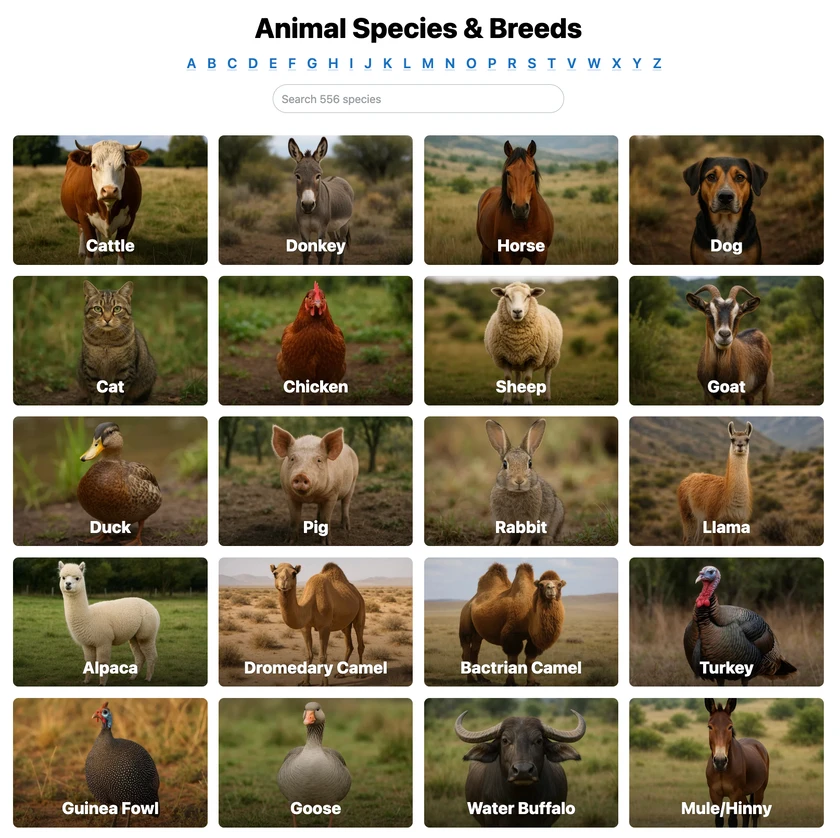 All Species & Breeds
All Species & Breeds
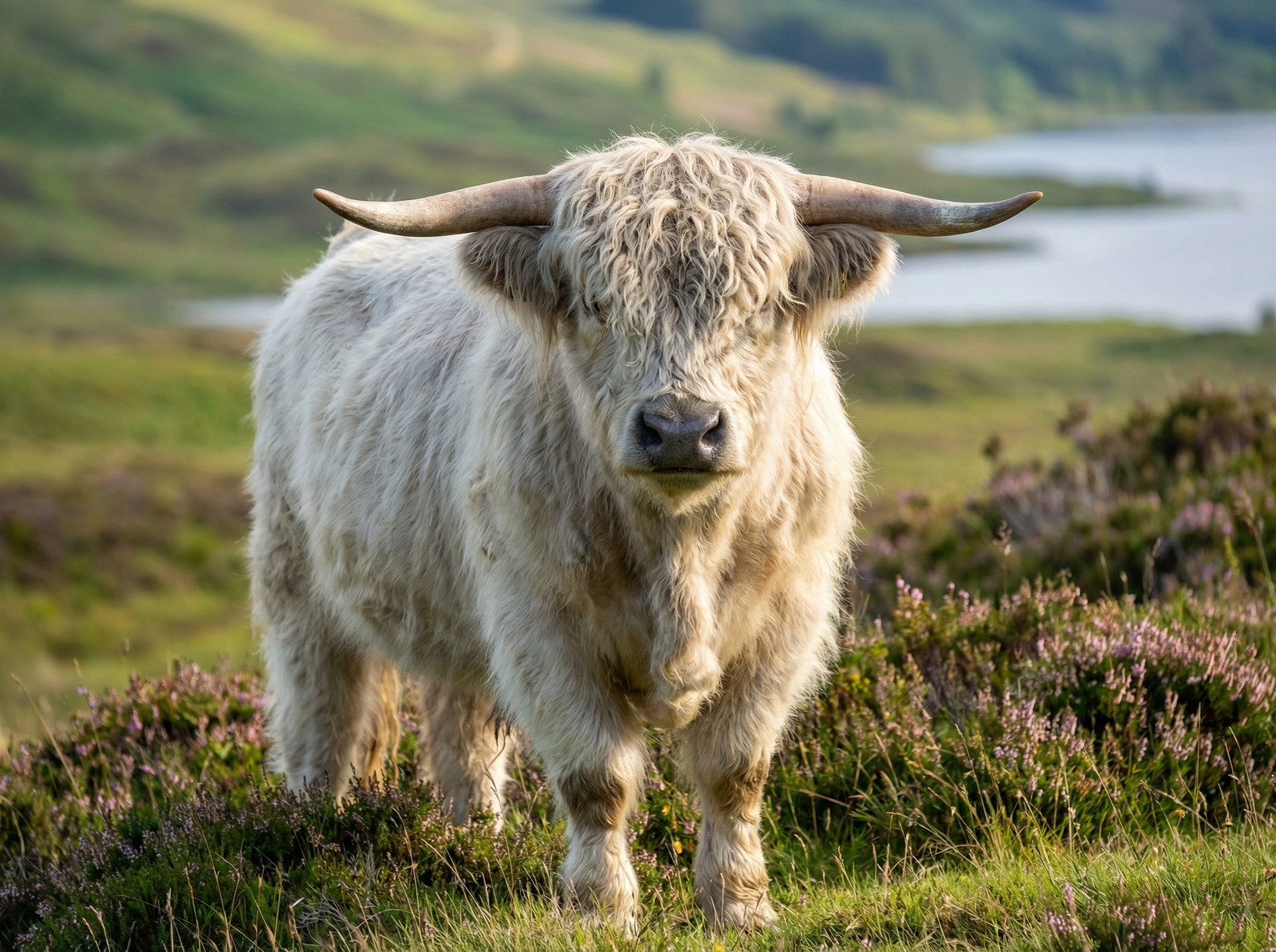 Highland Cattle
Highland Cattle
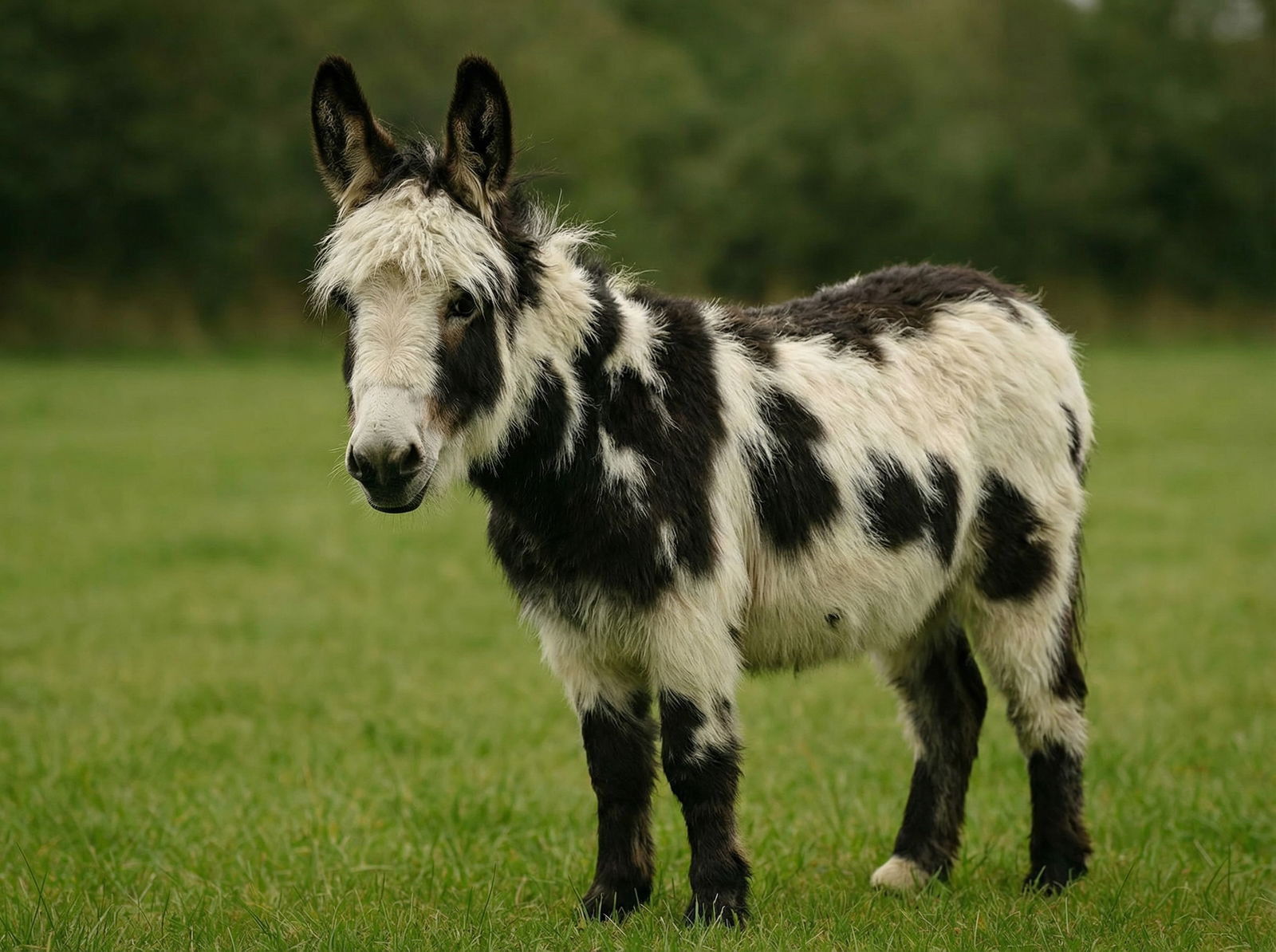 Miniature Donkeys
Miniature Donkeys
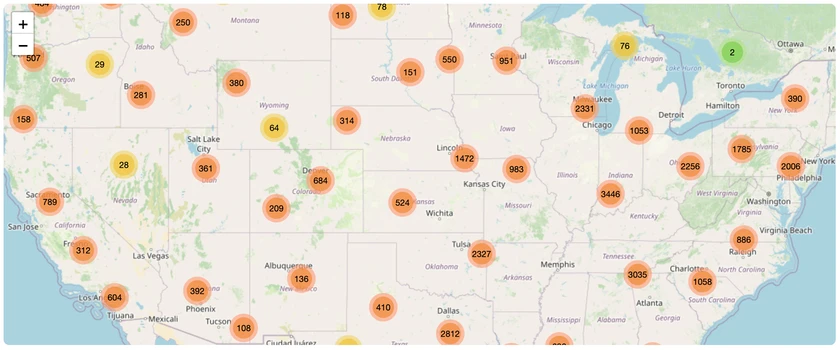 All Species Directory
All Species Directory
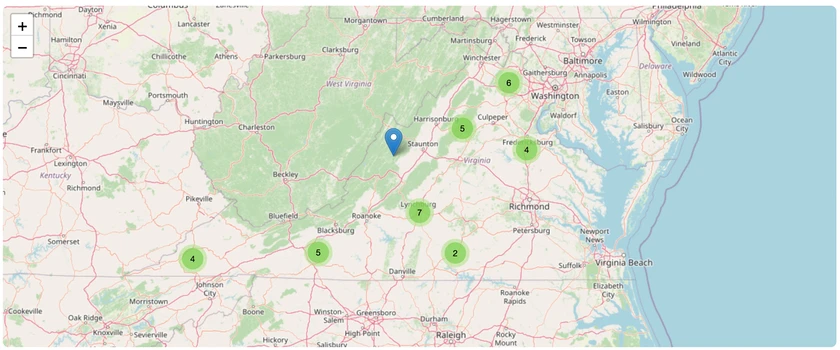 Highland Cattle in Virginia
Highland Cattle in Virginia
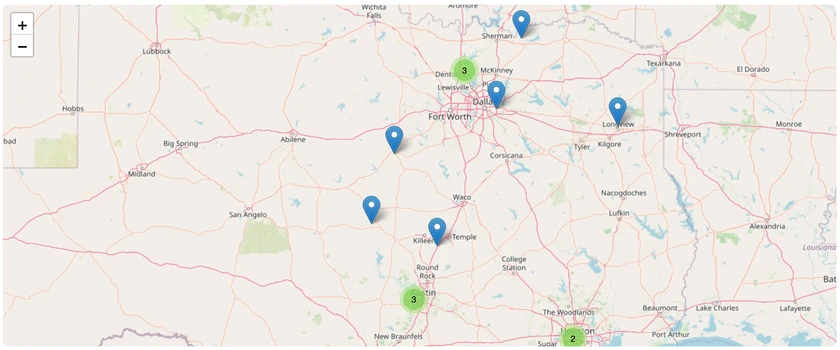 Miniature Donkeys in Texas
Miniature Donkeys in Texas









